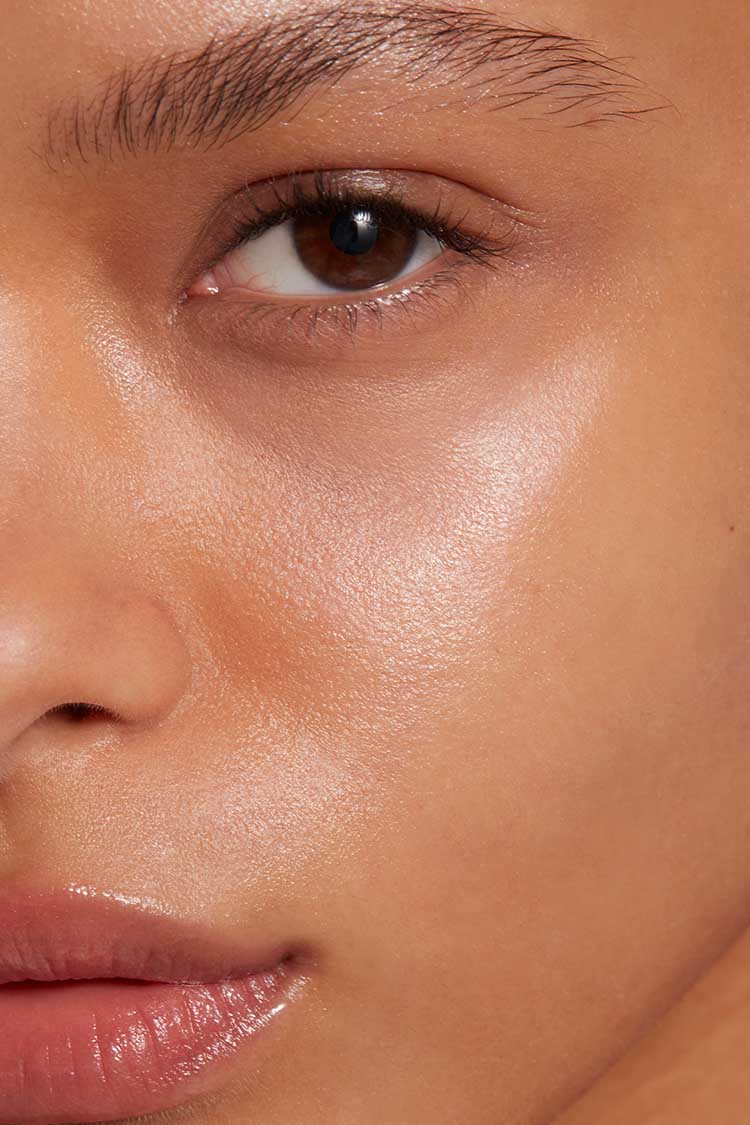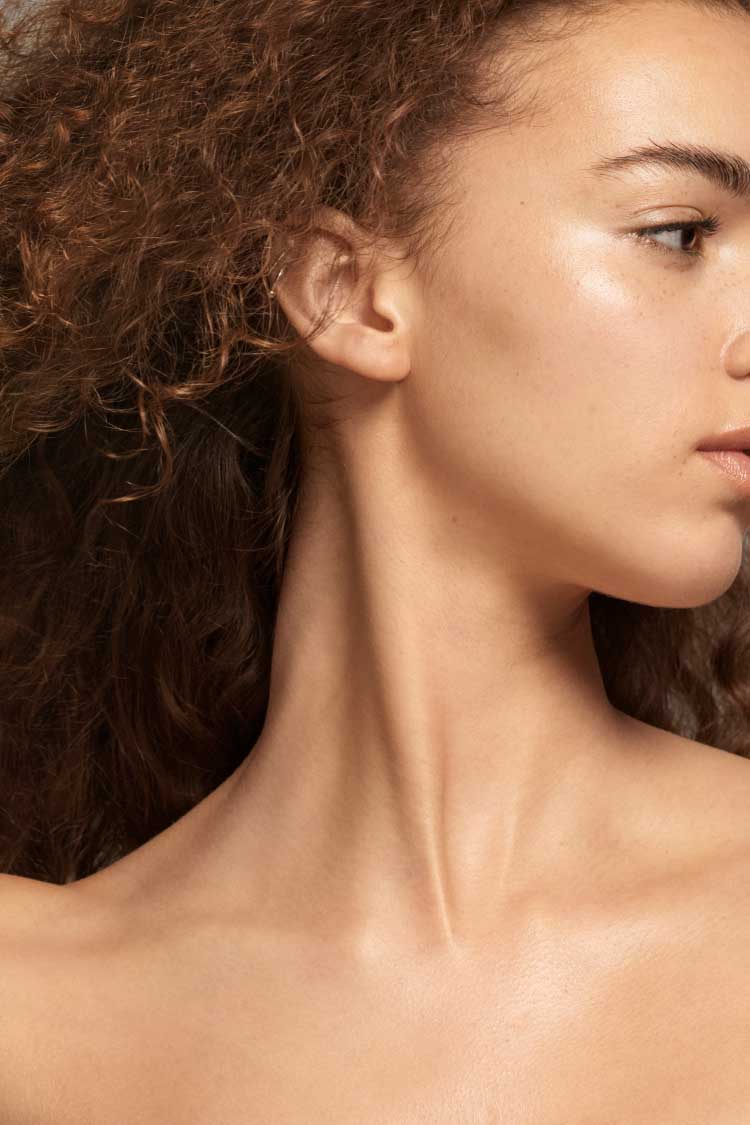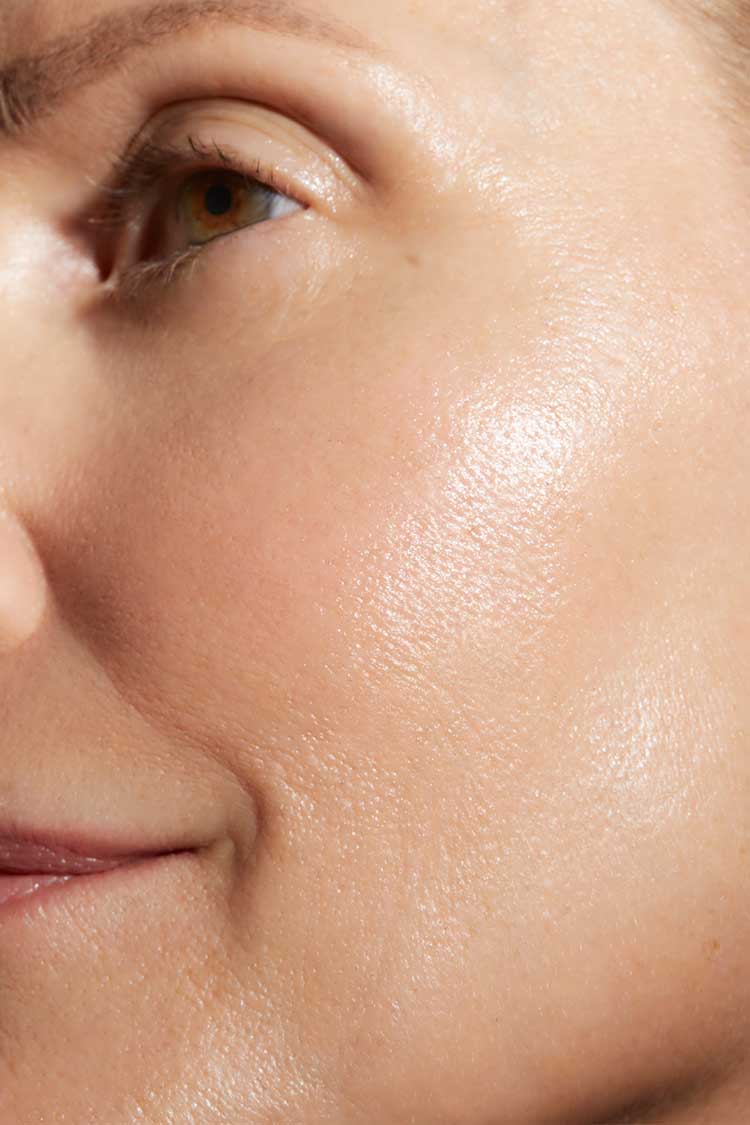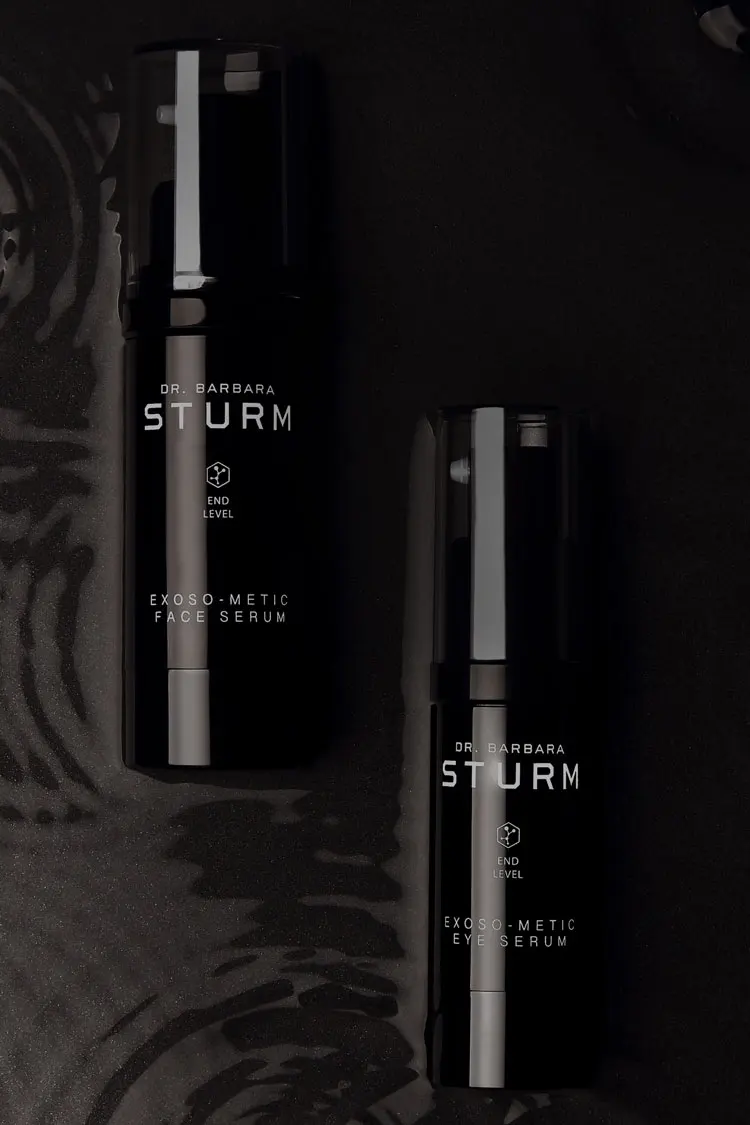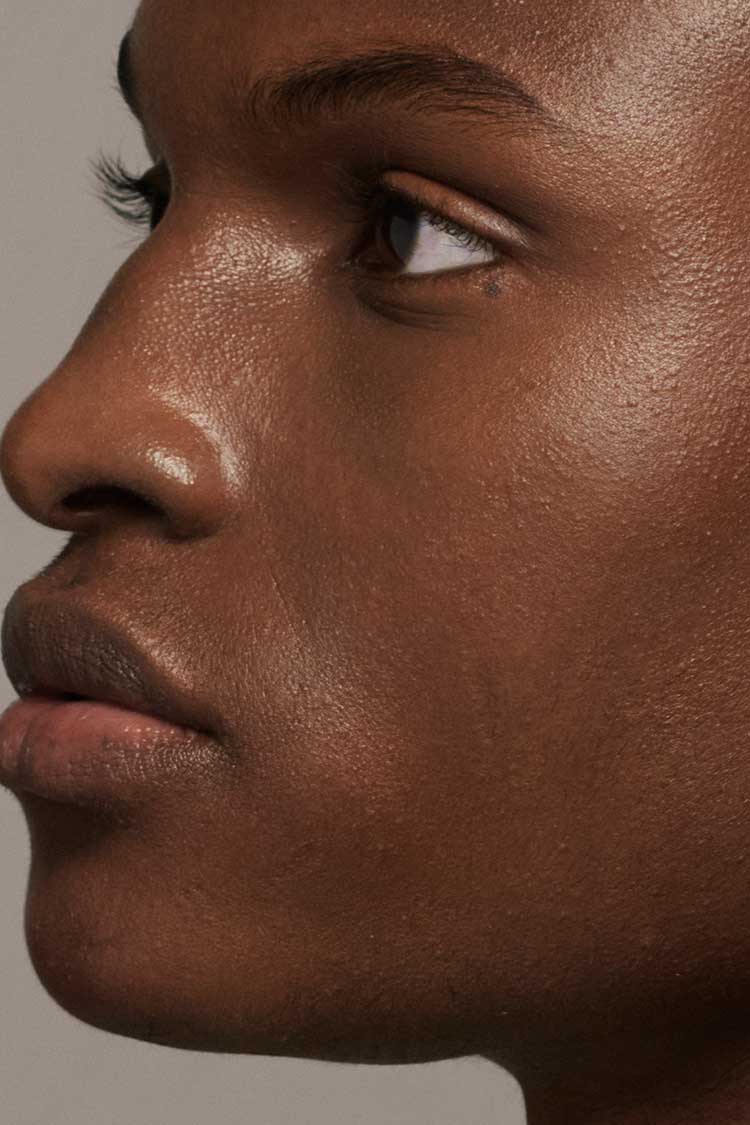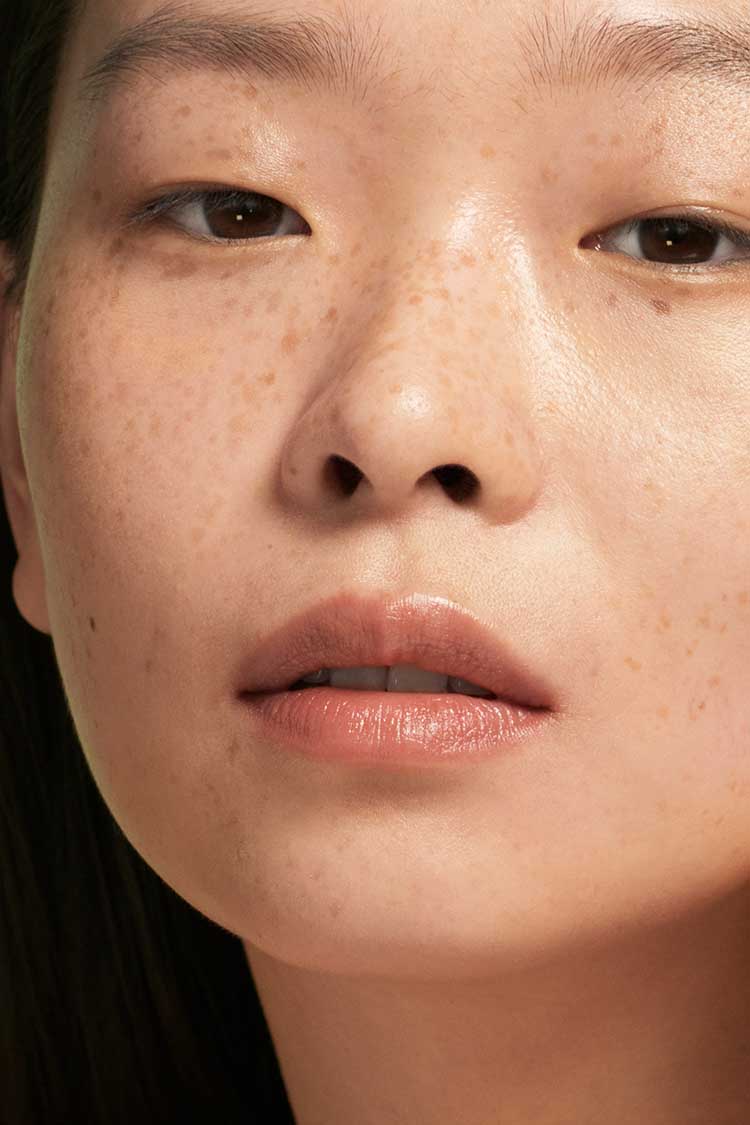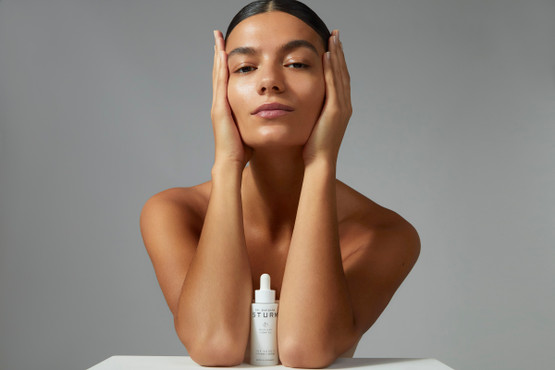WHAT IS COLLAGEN?
6th Dec 2024
The word ‘collagen’ is derived from the Greek word ‘kolla’ meaning glue - it’s quite literally the glue that holds the entire body together. It accounts for more than 30% of human proteins and is an important component of the connective tissue which includes bones, cartilage and muscles, as well as the skin. The formation of collagen is complex; amino acids - the basic building blocks of proteins - are linked together in a process which uses Vitamin C to form long, thin fibers which act as supporting structures and anchor cells to each other.
COLLAGEN IN THE SKIN LAYER
What Does Collagen Do?
There are four main types of collagen; Type one accounts for 90% of your body’s collagen and provides structure to skin, bones, tendons, fibrous cartilage, teeth and connective tissue. Type two is made of more loosely packed fibers and is found in elastic cartilage, which cushions joints. Type three supports the structure of muscles, organs and arteries and Type four helps with filtration and is found in skin layers. It helps form a fibrous network of cells in the dermis (the middle layer of the skin) called fibroblasts. Here, new cells grow and dead skin cells are also restored and replaced.
What Causes Collagen Damage?
Studies by the Journal of Cosmetic Dermatology have shown that collagen fibers naturally lose thickness and strength and produce less collagen with age. This causes the weakening of joint cartilage and the structural integrity of the skin to decline, resulting in skin aging effects such as wrinkles, sagging and pigmentation.
External aggressors such as sugar, ultraviolet radiation and pollution have also been proven to interfere with collagen’s ability to repair itself. UV rays, smoke and fumes create free radicals - unstable atoms that can damage the cells in our body, disrupting the skin’s natural protective barrier and breaking down collagen and elastin. A diet that’s high in sugar can be detrimental too. Sugar molecules attach to collagen and elastin proteins in a process called ‘glycation,’ which causes the proteins to change structure and lose function, contributing to aging. And smoking is a significant contributor to collagen damage - people who smoke have up to 22% less skin collagen than non-smokers.
How Can I Boost Collagen?
In studies, research has demonstrated that taking collagen peptides boosts collagen density for up to 12 weeks after taking the supplements. And in a study conducted in 2020, a four week intake of marine collagen showed a significant improvement in skin elasticity in areas exposed to the sun.
Research from the Indian Dermatology Online Journal has also suggested that Vitamin C taken as a supplement or through diet (it’s abundant in citrus fruits, green leafy vegetables, papaya, strawberries and broccoli) can help create more collagen in the body.
Can Topical Products Boost Collagen?
Adding collagen to a topical skincare product is unfortunately ineffective as collagen’s molecular weights are too large to penetrate the top layer of the skin. However, topical products which contain Vitamin C, which is essential for collagen synthesis in the body, have been proven to be particularly effective. Dr. Barbara Sturm’s THE GOOD C VITAMIN C SERUM contains the optimal concentration of 5% Vitamin C in a stable form that is easily absorbed, safe and gentle on the skin. The serum also contains Zinc, which helps to increase the absorption of Vitamin C into the skin.
Aloe Vera, which stimulates the fibroblasts that produce collagen and elastic fibers can also be effective in making the skin more elastic and less wrinkled. It’s also been shown to speed wound healing by improving blood circulation through the area and preventing cell death around skin damage. Dr. Sturm’s latest innovation, ALOE VERA GEL, contains a formulation which includes 90% organic Aloe leaf juice as well as Purslane, an anti-aging powerhouse which helps to defend the skin from attack by free radicals and reduces irritation and Panthenol (Vitamin B5), which has additional skin soothing benefits. You can also find Aloe Vera in the FACE MASK, HYDRATING FACE MIST and CLEANSER.
Purslane, which is a key ingredient throughout Dr. Sturm’s skincare, has also been clinically proven to enhance the viability of the fibroblasts that produce collagen and elastin in the skin. And sunscreen is imperative to prevent existing collagen from being broken down.
DR. BARBARA STURM'S KEY INGREDIENT, PURSLANE
What Else Can I Try?
Antioxidants, substances that help to protect the body from free radicals can help the collagen that is present to do the best job it can. There are many different types of antioxidants that can protect and rejuvenate the skin in various ways and they can be found abundantly in nature and in food.
And according to a study in Seminars in Cutaneous Medicine and Surgery, red light therapy is a quick and safe way to increase collagen in the skin. The low-level laser light therapy (LLLT), has been shown to increase collagen growth and improve wrinkles and skin elasticity. Red light therapy is available in many of Dr. Sturm’s Boutiques & Spas. You can find out more and book a treatment here.
RED LIGHT THERAPY AT DR. BARBARA STURM BOUTIQUE & SPAS
DR. BARBARA STURM'S SUPER ANTI-AGING PANEL
Dr. Barbara Sturm is joined by leading wellness, beauty and lifestyle experts for an exclusive conversation around anti-aging; Digital Director of Shape Magazine, Sade Strehlke; Osteopath and Founder and CEO of Saint Supply, Vicky Vlachonis; Co-Founder and CO-CEO of Sakara Life, Whitney Tingle; celebrity facialist and Founder of The Beauty Sandwich Method®, Iván Pol; and the Founder of the wellness platform, Eat Burn Sleep, Yalda Alaoui.
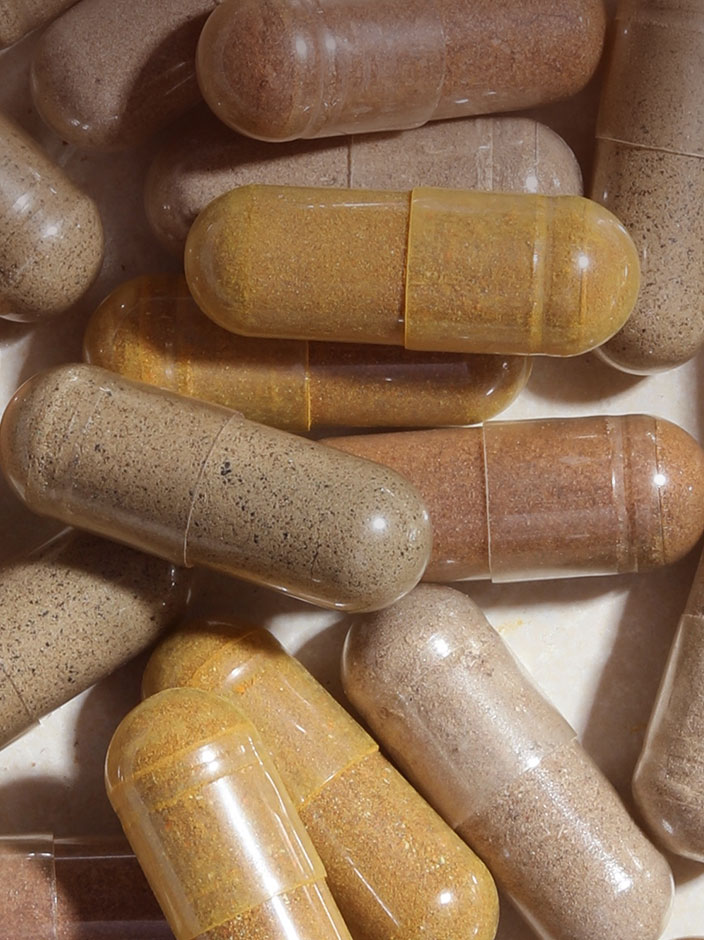

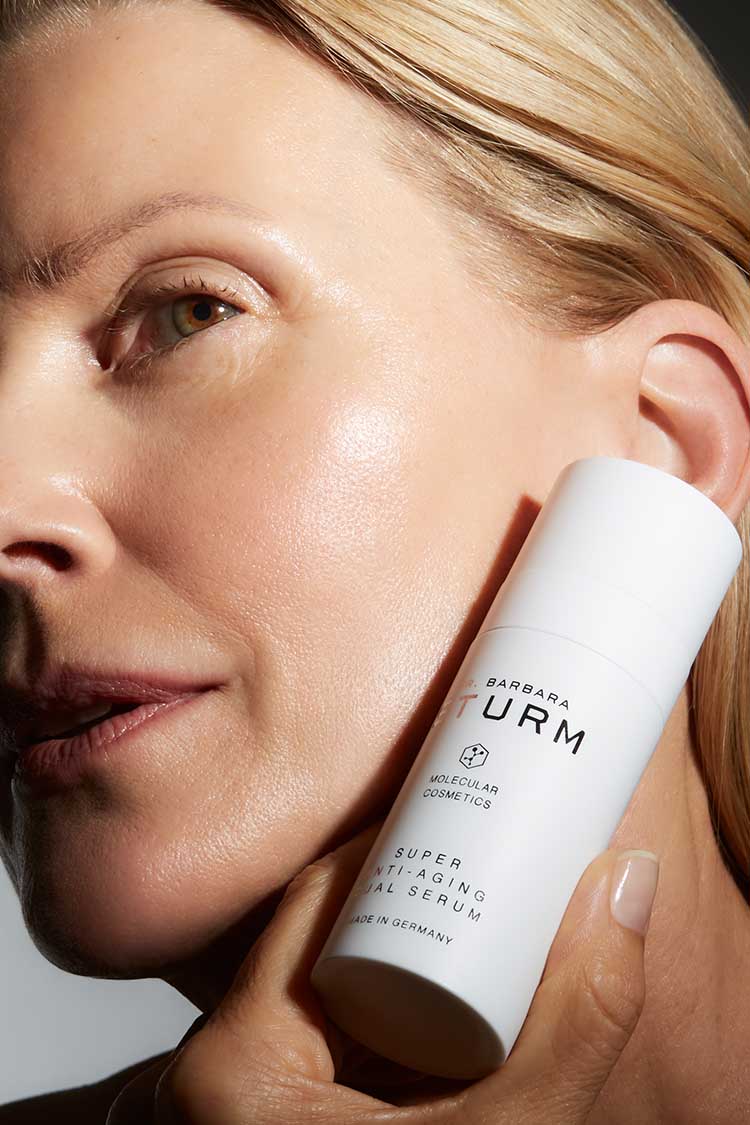
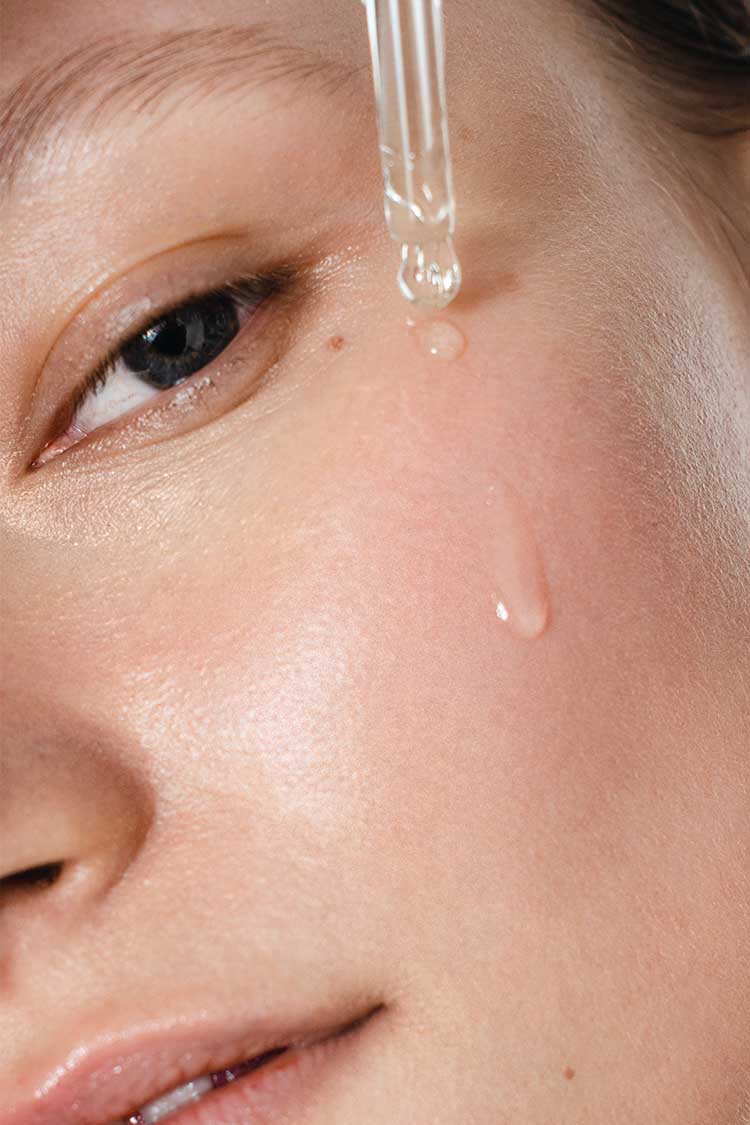
.jpg)
